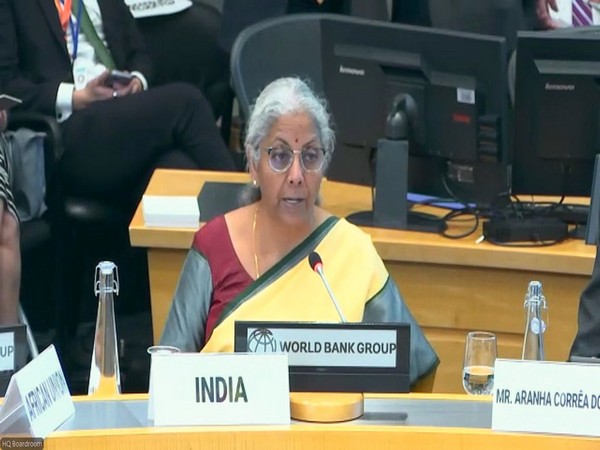Indian Finance Minister Nirmala Sitharaman recently emphasized the importance of a balanced approach between development priorities and climate action. Speaking at the G20 Joint Meeting of Finance, Climate & Environment, and Foreign Affairs Ministers in Washington, D.C., Sitharaman urged for providing developing countries better access to financial resources and technologies at reasonable costs. She highlighted the need for a New Collective Quantified Goal for climate finance that addresses the specific needs of developing countries without imposing restrictive conditions.
Sitharaman stressed that while climate action is crucial, it should not hinder the growth and development of developing nations. She called for global cooperation and an effective response to climate change, based on the principles of equity and common but differentiated responsibilities as outlined in the UNFCCC and the Paris Agreement. The Finance Minister commended Brazil for its leadership in promoting collaboration on ambitious climate goals and reiterated India’s support for initiatives initiated during its G20 presidency.
Sitharaman’s remarks underscore India’s commitment to striking a balance between climate action and economic development, especially for developing nations. She is currently on an official visit to the US to participate in various meetings, including the Annual Meetings of the IMF and the World Bank, the G20 Finance Ministers and Central Bank Governors Meetings, and the G7-Africa Ministerial Roundtable. The Finance Ministry emphasized the importance of channeling global efforts towards providing greater access to financial resources and technologies for developing countries without impeding their growth.
The Finance Minister’s advocacy for a balanced approach between development priorities and climate action reflects India’s commitment to addressing climate change while ensuring economic growth for developing countries. Her call for a New Collective Quantified Goal for climate finance tailored to the unique needs of developing nations has garnered support from various stakeholders. Sitharaman’s emphasis on global cooperation and equity in climate action aligns with the principles outlined in international agreements like the UNFCCC and the Paris Agreement.
Sitharaman’s participation in key meetings with global leaders underscores India’s proactive role in advancing climate action and sustainable development on the international stage. Her praise for Brazil’s efforts in promoting ambitious climate goals and India’s support for collaborative initiatives within the G20 highlight the country’s commitment to working towards a sustainable future. By urging for greater access to financial resources and technologies for developing nations, Sitharaman aims to ensure that climate action does not come at the expense of economic growth and development. Her balanced approach resonates with stakeholders seeking a pragmatic and inclusive strategy for addressing the challenges of climate change.










